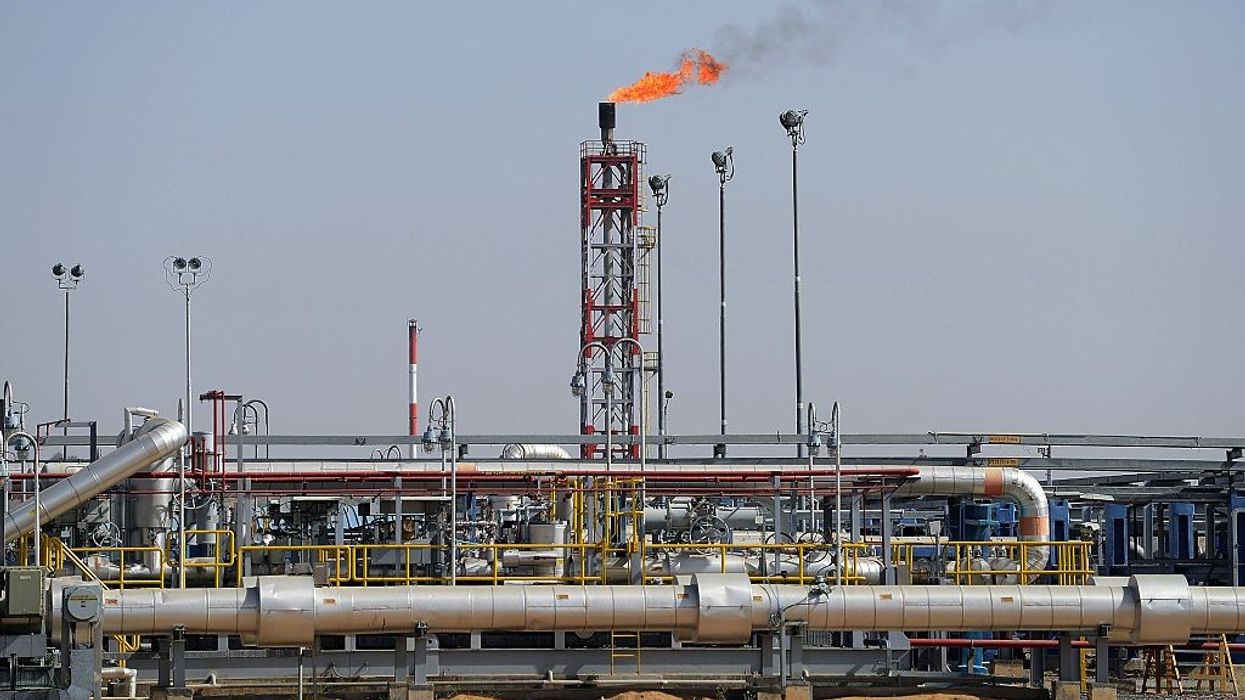CAIRN Energy PLC on Tuesday (7) said it will drop litigation to seize Indian properties in various countries, including France and the United States, days after getting a £725 million refund that resulted from the scrapping of a retrospective tax law.
The company, which gave India its largest on-shore oil discovery, termed “bold” the legislation passed in August to cancel a 2012 policy that gave the tax department the authority to go back by five decades and slap capital gains levies wherever ownership had changed hands overseas but business assets remained in India.
Speaking to Indian news agency PTI from London, Cairn chief executive Simon Thomson said the offer to return money seized to enforce retrospective tax demand in exchange of dropping all litigations against the government “is acceptable” to them.
The firm will therefore drop cases to seize diplomatic apartments in Paris and Air India planes in the US in “a matter of a couple of days” following the refund, Thomson said. He also added that Cairn’s stakeholders are in agreement with accepting the offer and moving on.
“Some of our core shareholders like BlackRock and Franklin Templeton agree (to this). Our view is supported by our core shareholders (that) on balance it is better to accept and move on and be pragmatic. Rather than continue with something negative for all parties which could last for many years,” the top official said.
Last month, the Indian government in a bid to repair the damaged reputation as a destination for investment, brought a new law to drop £10.8 billion in outstanding claims against multinationals like Vodafone (telecom), Sanofi (pharmaceuticals), SABMiller (brewer), now owned by AB InBev and Cairn.
About £800 million collected from companies under the scrapped tax provision are to be refunded if the firms decide to drop outstanding litigation, including claims for interest and penalties. Of this, £780 million are due only to Cairn.
“Once we get to final resolution, part of that resolution is us dropping everything in terms of litigation. We can do that within a very short period of time, just a matter of a couple of days or something,” Thomson said.
He added, “So we are preparing on the basis of getting this resolution quickly, all these cases being dropped, and putting all this behind.”
He said all enforcement proceedings brought because of the Indian government’s refusal to honour an international arbitration award asking it to return the value of money seized to enforce the retrospective tax demand, will be dropped.
“Everything will be dropped. There will be no more litigation, that will be it. It will clear the matter up,” he said.
In July, a French court paved the way for Cairn to seize real estate belonging to the Indian government in Paris. All those litigations will also be dropped.
Thomson said Cairn has had a “good, open and transparent line of communications with the Government of India” on finding a resolution to the retro tax issue.
“Our aim was to get to a resolution... something which would be acceptable to our shareholders,” he said, adding, “We were pleased when the Government of India made what we thought was a pretty bold move, in terms of enactment of the legislation.”




